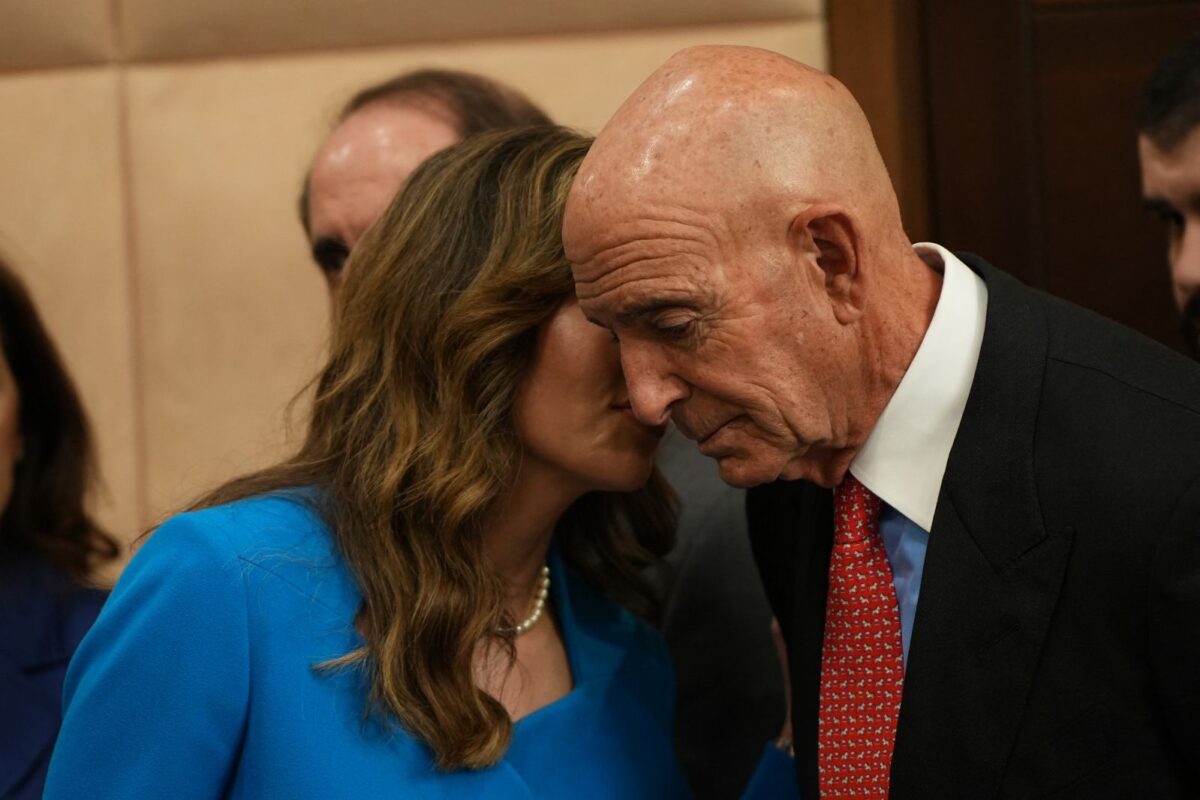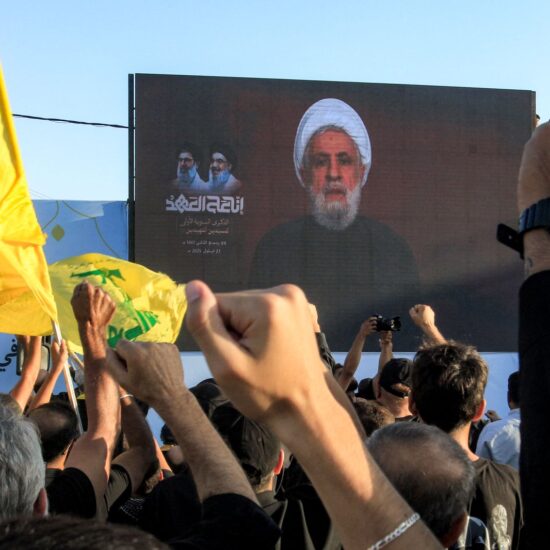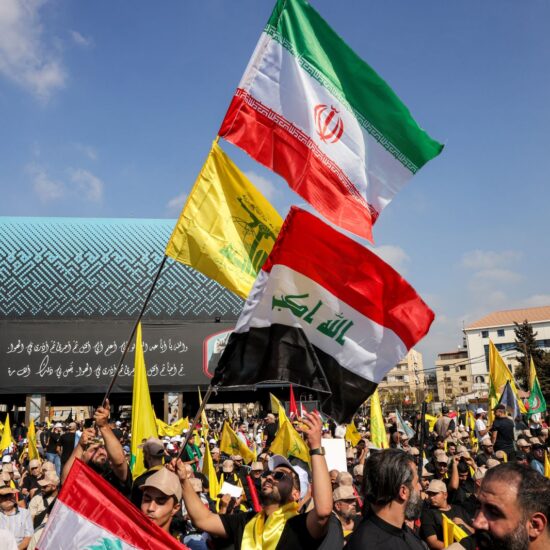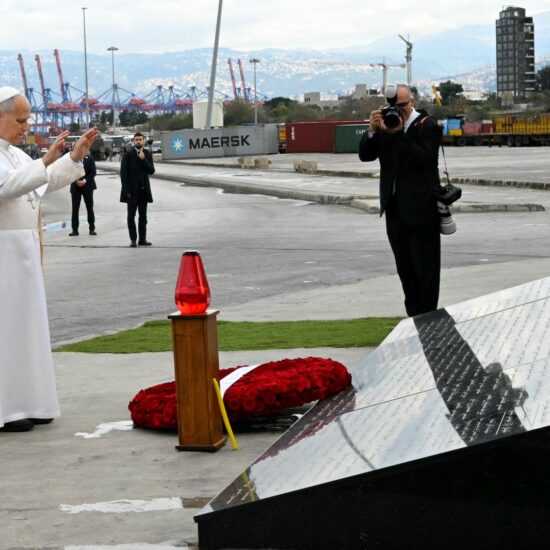
The visit of US Central Command (CENTCOM) commander to Beirut this week sent a clear message: Washington is committed to Lebanon’s sovereignty and to strengthening its national army as the government launches its first formal plan to remove Hezbollah’s weapons from civilian areas.
Driving the news
The Lebanese government presented a five-stage disarmament plan, including a request to recruit more soldiers and secure financial and technical support.
The CENTCOM visit underscored US readiness to provide assistance if the government shows determination in implementing the plan.
Officials emphasized that the decision-making remains firmly within Lebanon’s institutions — not dictated from abroad.
Why it matters
Disarming Hezbollah is not an Israeli or American demand but a homegrown Lebanese priority, especially in the south, where Shiite families displaced by recent fighting see disarmament as a condition for returning home.
The long-standing formula of “army, people, resistance” has collapsed. What remains is the state alone, as the only legitimate framework of authority.
Hezbollah’s arsenal, once framed as a shield, has become a burden: it failed to protect civilians, did not prevent Israeli strikes, and now blocks reforms needed to rebuild the economy and restore governance.
The bigger picture
Hezbollah’s dominance stems less from its military edge than from political cover provided by allies such as the Free Patriotic Movement, enabling it to infiltrate security agencies, the judiciary, and smuggling networks tied to Iran’s Revolutionary Guard.
Speaker Nabih Berri, once seen as a potential broker, has now positioned himself fully within Hezbollah’s camp, deepening Shiite political monopolization and isolating alternative voices within the community.
The international community views Lebanon’s ability to implement the plan as a test of whether the country can reclaim sovereignty from parallel armed structures.
What’s next
The five-phase plan requires international funding and technical support, which the United States and others appear willing to provide if Beirut demonstrates political will.
The key challenge is not logistics but politics: Lebanon’s ruling class must stop stalling and accept that the era of armed parties vetoing the state is over.







